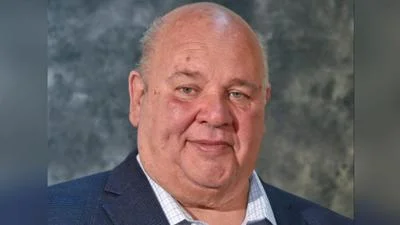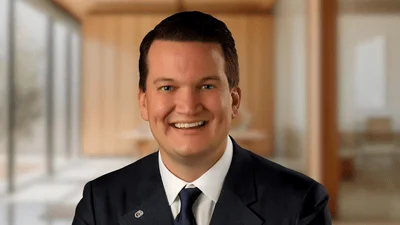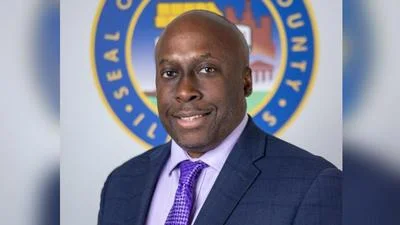Cook County Treasurer Maria Pappas | cookcountyil.gov/
Cook County Treasurer Maria Pappas | cookcountyil.gov/
It's unclear what options Cook County Treasurer Maria Pappas, and other state officials, have in a property tax case that the U.S. Supreme Court has declined to hear following appeal of a prior decision by now Justice Amy Coney Barrett.
Last week, the nation's highest court declined a petition for a writ of certiorari filed by county officials in September for case Pappas et al v A.F. Moore & Associates, Inc. et al.
The high court issued its decision not to hear the case without comment, except to be very clear about Barrett's role in the Nov. 16 decision.

Amy Coney Barrett taking the oath as a U.S. Supreme Court Justice at the White House from Justice Clarence Thomas as her husband, Jesse M. Barrett, holds the bible and President Donald Trump looks on.
| whitehouse.gov
"Justice Barrett took no part in the consideration or decision of this petition," said the court.
On the same day, the court also granted leave for The Illinois Association of School Boards and others to file an amicus brief in the case, also noting that Barrett took no part in that "consideration or decision."
It was Barrett's prior decision in the litigation, when she still was a Seventh Circuit Court of Appeals judge, that landed the case before the U.S. Supreme Court months before the death of Justice Ruth Bader Ginsburg on Sept. 18.
Barrett, 48, was sworn in weeks later to fill Ginsburg's seat on the Supreme Court.
Pappas, the Cook County Assessor's office and others challenged Barrett's decision from the Seventh Circuit bench in January in that federal courts in Illinois could hear property tax cases.
The case stems from a lawsuit filed in U.S. District Court in Illinois' Northern Division by seven Cook County property tax payers who claimed their constitutional rights were violated for about eight years, starting in 2000, when their properties allegedly were improperly assessed.
The taxpayers claim the assessments on their commercial properties were at levels set by county ordinance but that residential property was assessed at considerably lower levels than required by county tax laws. The taxpayers have been asking for almost $28 million in refunds, plus interest.
County officials, including Pappas' office, argued that the case should remain in state court, referring to the Tax Injunction Act that prohibits federal courts from intervening in the state revenue collections.
In April of last year, the district court found in favor of the county officials but Barrett reversed that ruling, finding that no "plain, efficient, and speedy" remedy existed on the taxpayers' constitutional claims.
"Efficiency is no good to the taxpayers if it means that they cannot bring their equal protection claim in state court," Barrett said in her ruling. "And the defendants [county officials] agree with the taxpayers that they cannot."
With the Supreme Court's decision not to hear Cook County officials' appeal in the case, the litigation now returns to the trial court for determination about the merits of the taxpayers' claims.






 Alerts Sign-up
Alerts Sign-up